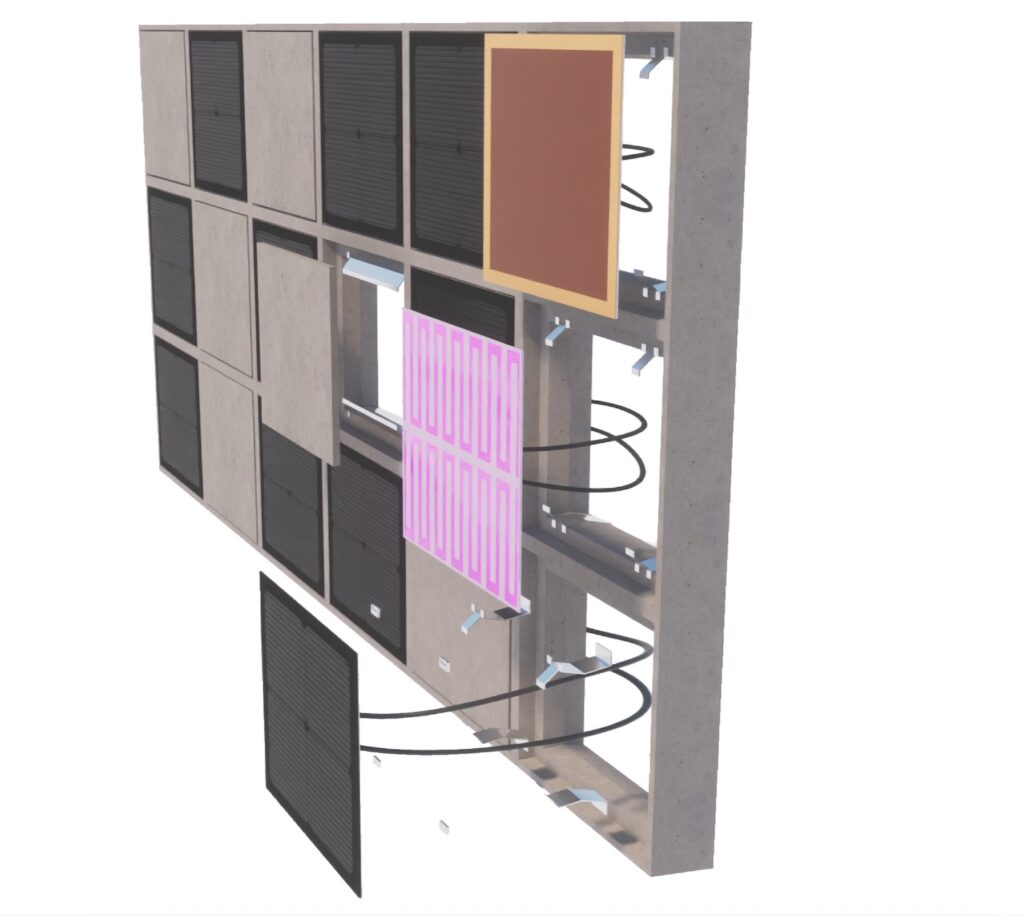Der Beitrag diskutiert
die Erfahrungen und Perspektiven von Nomad*innen in Geflüchtetenlagern Somalias,
die infolge von klimawandelbedingten Dürreperioden ihre Tiere und damit ihre Lebensgrundlage verloren haben. Sie leben als Binnengeflüchtete im ganzen Land verstreut und sind dauerhaft auf humanitäre Hilfe angewiesen.Fokussiert werden die
Auswirkungen des Klimawandels auf die traditionell hoch mobile Lebensweise von Nomad*innen.
Einerseits wird die entstehende Immobilität und ihre Abhängigkeit von internationalen Nicht- regierungsorganisationen aufgezeigt, andererseits, wie lokale Repressionen zu gewaltvollen Mobilitäten innerhalb von Stadt- und Staatsgrenzen führen können.
Summary
This article discusses the experiences and perspectives of nomad women in refugee camps in Somalia who have lost their animals, and thus their livelihoods, as a result of drought caused by climate change. As internally displaced persons, they live scattered in the entire country and are permanently dependent on humanitarian aid. The focus is on the effects that climate change has on the traditionally highly mobile way of life of nomads. On the one hand, this article illustrates the emerging immobility and their dependence on international non-governmental organisations; on the other hand, it shows how local repression can lead to violent mobility within city and state borders.
published in:
Julia Devlin / Tanja Evers / Simon Goebel (Hg.)
Praktiken der (Im-)Mobilisierung
Lager, Sammelunterkünfte und Ankerzentren im Kontext von Asylregimen
Lager, Sammelunterkünfte und Ankerzentren im Kontext von Asylregimen



